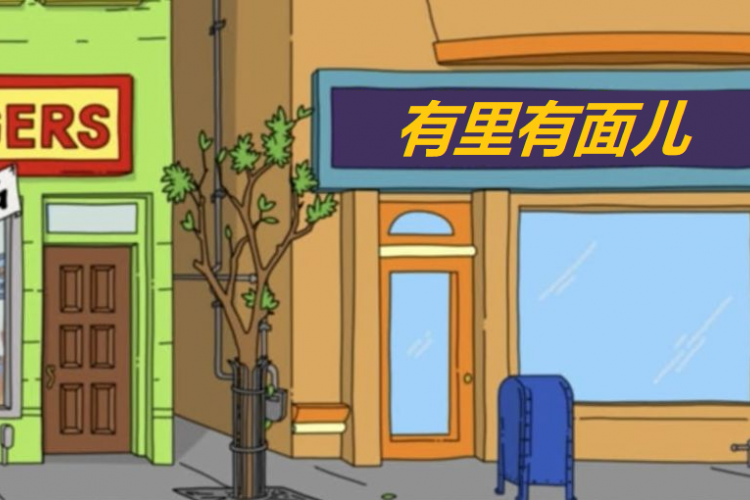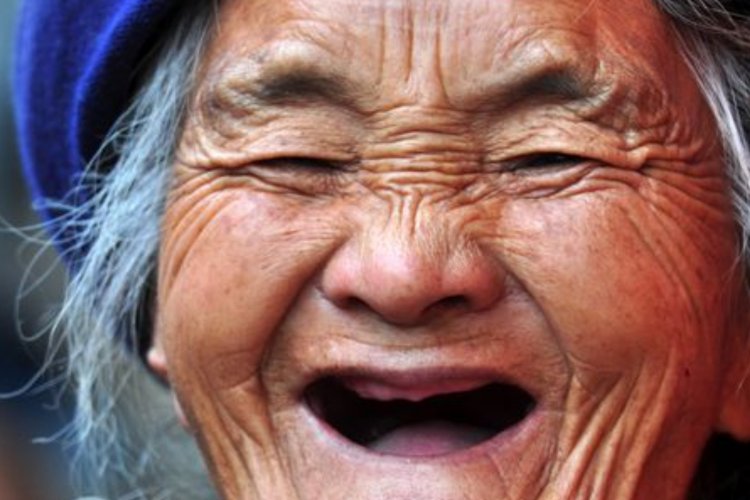It should be 地, not 的 nor 得, because the word before it is an adverb and the one after it is a verb, and 地 is used when you try to link a verb with an adverb.
e.g. 他安静地说, "..." He said quietly that "..."
However 地 and 的 are pretty interchangeable in casual writing, and they pronounce exactly the same colloquially. So I don't find it a problem by just writing 他安静的说 unless you plan to take an HSK or something.







